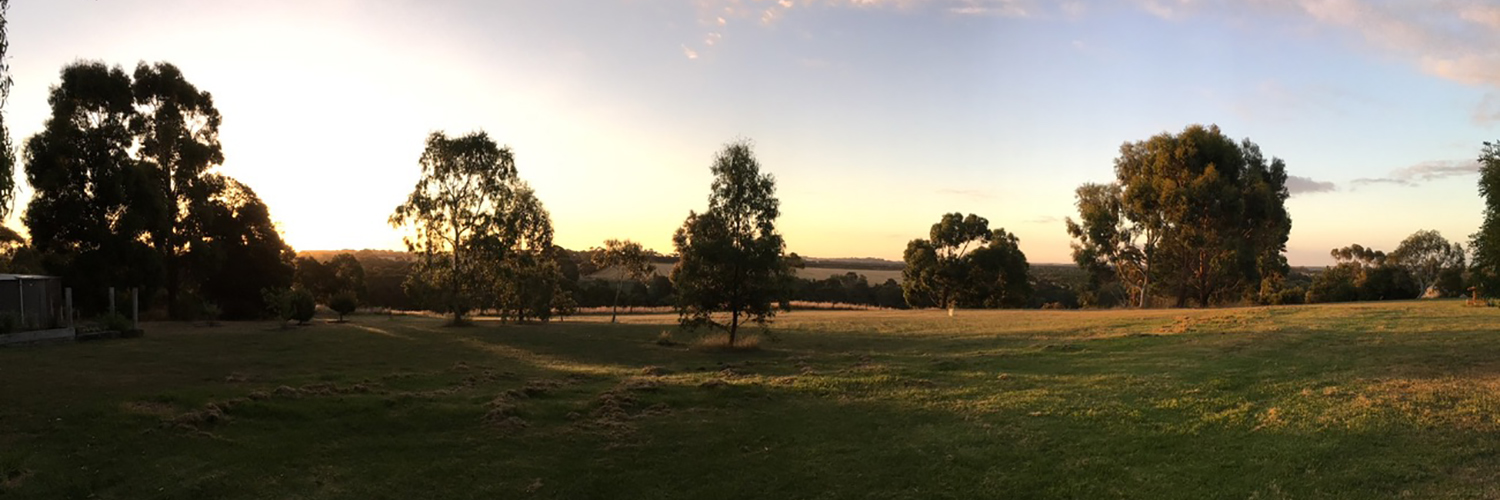
Never before have Australians surrounded themselves with so many people in such proximity to one and other, as our cities grow ever larger, and yet, loneliness and social isolation has become the issue of our time.
The proportion of traditional nuclear houses in Australia will drop from 44% to 31% over 50 years to 2036. ABS
But it wasn’t always this way. Australia in the recent past was a more socially connected place, one where community and social networks were stronger. Churches, as one example, were far more vibrant community focal points. While it seems strange now, churches had very active football and social clubs and associated leagues in Australia of the 1950s. In 1958 in Victoria, the Eastern Suburbs Churches Football Association (yes that really existed), had four D Grade divisions alone. Church attendance has been declining in Australia ever since, brought about by a perceived lack of relevance and scandal. The institutions that have historically supported social connectivity have gradually been disappearing.
Australians are opting out of social and community connections. Parents prefer their children to play in the safety of their homes, instead of running with neighbourhood kids to come home on dusk or when hungry. We are also now more likely to live further away from family, making get-togethers less frequent. Little by little, over the last 40 or 50 years we have chosen to isolate ourselves, building the biggest houses we have ever lived in, seemingly content to participate in our world through a screen rather than engage directly with it. And we are paying the price for it.

Social connectedness matters. There is a growing body of evidence that it has direct and positive outcomes on our physical health. When we think about looking after ourselves, we typically think of exercise, diet and sleep, but nurturing friendships and personal connections is also fundamental to our physical and mental health.
Could regional and rural Australia offer some insights and a pathway out of social isolation? Regional towns are experiencing a renaissance, in part because of the sense of community and connectedness they offer. The General Store or Pub or Post Office often act as community hubs where locals meet informally, chat and engage. Many regional towns have a CWA (membership has been increasing in NSW) and then there is the Rural Fires Services / CFA, not to mention farmers groups and other organisations such as Landcare. In addition, it is more common for generations of families to live in proximity to each other in regional areas. Think of any country town and there are siblings and parents often living nearby, meaning greater likelihood of family interaction. Men and women of all ages in country centres have something they can belong to at a local level.
Contrast this with a city existence, where we might drive to a large, impersonal mall without seeing or engaging with anyone we know. Of course, cities have plenty of options for community engagement, but forming these connections often requires more motivation and effort (such as deciding to join a club where we may not know anyone initially). In metro areas there is less likelihood of the chance, of an informal street corner catch up, which, is so important, and forms the basis of many regional linkages and friendships.
I live in Birregurra and have a weekend ritual of walking my dog down to the general store to get a coffee. It can take anywhere from 15 minutes to an hour or two, depending upon who I run into. It is the social connection as much as the scenery or coffee that I enjoy. That is not to say that regional and rural towns are without their problems, and we know depression and suicide are major issues in regional and rural Australia, but towns like Birregurra give people a sense of belonging that is harder to replicate in a metro setting.
Loneliness and isolation are major issues of our time and if we are to be an inclusive, community-connected society, that is healthier and happier as a result, we must recognise the issue and possibly look to the regions for a solution.